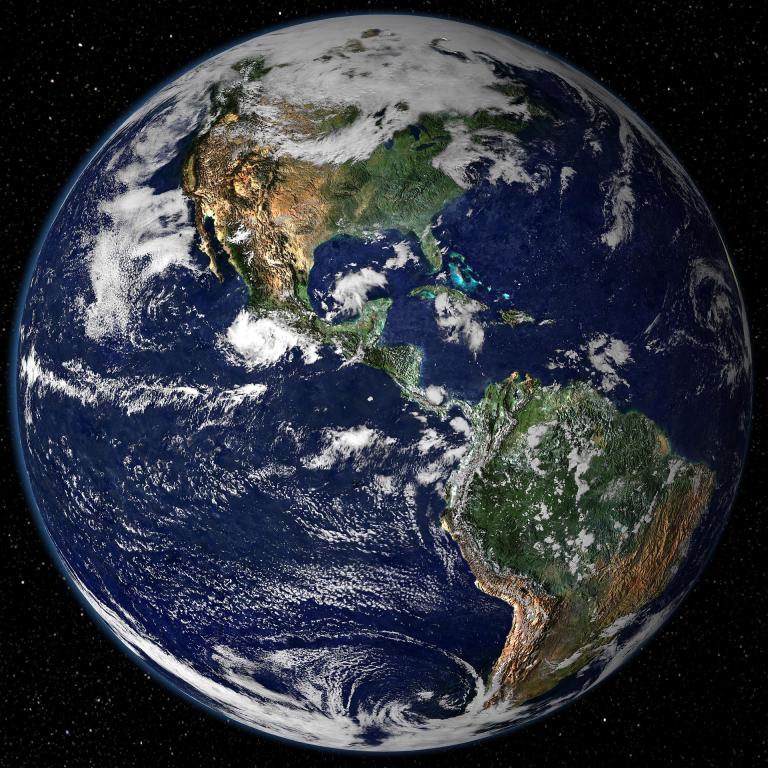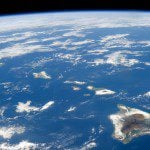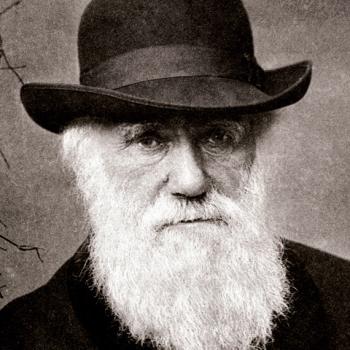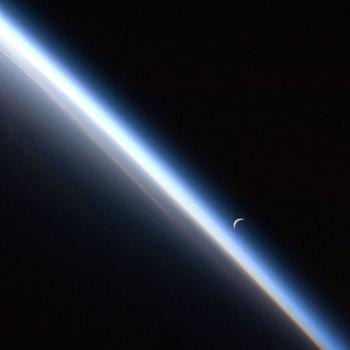
From my virtual “notebook,” a couple of items regarding our home planet:
The earth, we are repeatedly told, is not at all unusual. It’s merely an average planet, revolving around an average star, in an average galaxy—in the words of the late Carl Sagan, “a lonely speck in the great enveloping cosmic dark.”[1]
The late John A. O’Keefe, a prize-winning NASA scientist who is sometimes referred to as “the godfather of astrogeology”:
We are, by astronomical standards, a pampered, cosseted, cherished group of creatures; our Darwinian claim to have done it all ourselves is as ridiculous and as charming as a baby’s brave efforts to stand on its own feet and refuse his mother’s hand. If the universe had not been made with the most exacting precision we could never have come into existence. It is my view that these circumstances indicate the universe was created for man to live in.[2]
George Brimhall, a geologist at the University of California at Berkeley:
The creation of ores and their placement close to the Earth’s surface are the result of much more than simple geologic chance. Only an exact series of physical and chemical events, occurring in the right environment and sequence and followed by certain climatic conditions, can give rise to a high concentration of these compounds so crucial to the development of civilization and technology.[3]
[1] Carl Sagan, Pale Blue Dot (New York: Ballantine, 1994), 7. [Check original.]
[2] John A. O’Keefe, “The Theological Impact of the New Cosmology,” in Robert Jastrow, God and the Astronomers (New York: W. W. Norton, 1992), 118. [Check original.] For biographical information on O’Keefe, see his obituary at www.geocities.com/CapeCanaveral/Campus/4764/OKeefeObitEOS.pdf.
[3] George Brimhall, “The Genesis of Ores,” Scientific American. [Check original.]
***
An interesting article from Scientific American:
“Maximum Alienness: What might make life hard to recognize as life?”
For what little it’s worth, while reading the article I couldn’t help but think of J. R. R. Tolkien’s “Ents.”
***
And, finally, in asteroid news — and, after all, what good is a week if it includes no asteroid news? — here are a couple of items that are worth a look:
When I was in high school, such exploits would have been the stuff of science fiction, but hardly plausible as actually within reach. Of course, when I was in high school, Gutenberg’s moveable type was just beginning to revolutionize our textbooks.
Posted from Cedar City, Utah












